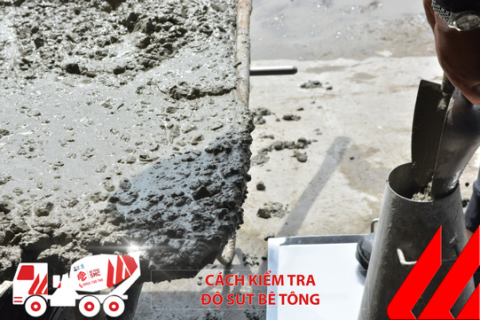Frequently asked Questions
Concrete engineering advice
Business contact
Does Cement "Expire" After 50 Years? Will a House Collapse If It’s Built with "Expired" Cement?
A common misconception is that cement has a lifespan of 50 years, after which construction projects become unsafe. In reality, this issue requires a more nuanced understanding to avoid unnecessary concerns.Understanding the Lifespan of Cement
The 50-year lifespan of cement typically refers to the period during which it retains its original quality when exposed to air and humidity without protective measures or being mixed with other materials. When exposed to moisture, chemical reactions in the cement—such as those involving calcium silicate—can reduce its strength. However, in construction, cement is rarely used alone. Instead, it is combined with other materials like sand, gravel, and steel to produce concrete, a durable material with exceptional load-bearing capabilities.Factors Determining a Building's Lifespan
A building’s durability depends on more than just cement. Materials like sand, aggregate, reinforced steel, and construction techniques play significant roles. Reinforced concrete, which combines cement and steel, has proven to be a cornerstone of modern construction due to its high strength and resilience.With advancements in technology, the lifespan of concrete today can exceed 100 years, especially for waterproof varieties. Additionally, protective layers like waterproof coatings or insulation not only enhance the building's appearance but also shield it from harsh environmental factors such as rain, sun, and humidity.
Maintenance Processes and Legal Safety Standards
Beyond construction, routine inspections and maintenance are critical in extending a building’s lifespan. Regulations often require buildings to undergo inspections and reinforcement after around 50 years to identify and address potential issues. This does not mean a structure becomes unusable after this time; on the contrary, proper maintenance can extend its longevity by several decades.For residential buildings, ownership rights are typically perpetual, provided the structure remains safe. This ensures homeowners can continue to use their property without fearing collapse or depreciation due to "expired" materials.
A Comprehensive View of Modern Building Durability
In summary, the lifespan of cement is just one component of a building's overall longevity. Modern construction technologies and professional maintenance practices have significantly enhanced the durability and reliability of contemporary structures.If you’re concerned about this issue, rest assured that strict construction standards and regulatory support are in place to ensure safety. A well-built and properly maintained house can endure for generations, offering peace of mind and long-lasting value for your family.
Other news
Currently, ready-mix concrete is a top choice for many construction projects—both large and small—thanks to its convenience, consistent quality, and high construction efficiency. With extensive experience supplying commercial concrete for numerous key projects in the Southern region, SMC proudly offers a diverse range of ready-mix concrete products to meet the technical requirements of every type of construction.
A Comprehensive Guide to Concrete Specs – Everything You Need to Know
A Complete Guide to Concrete Specs – a set of technical parameters including concrete grade, slump, compressive strength, aggregate size, and mix ratio. This article helps you understand how to define, apply, and control concrete quality according to TCVN standards and practical construction conditions.
How to check the concrete slump
In construction and civil engineering, concrete slump test (or simple slump test) is the work performed at the construction site or in the laboratory that usually determines and measures the hardness, consistency of samples. Concrete before pouring concrete or casting maintenance, research or experiment samples.




